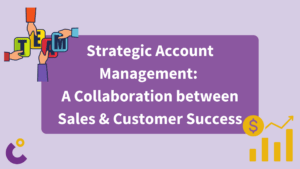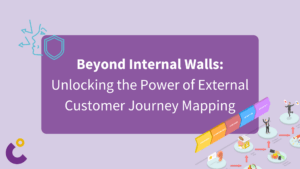
How to Transition Your Business to be Customer-Centric
Amy Downs
First Published: July 22, 2016
One of the most fascinating phenomena in corporate cultures far and wide is the extent to which we all forget that we’re in this for the customer. In all fairness, it’s easy to lose sight. Each business is a universe unto itself, with its own customs, hierarchies and vocabularies. We naturally get swept into the daily politics of the enterprise, and in the process we forget that, while it’s important to serve each other, the reason we’re here is to serve the people who buy our goods and services.
When I took on my role at Lifesize, I posed a simple question at my first town hall meeting:
Who do you think pays your check?
Our CEO?
The board?
Silence.
Ultimately, it’s the customers who pay the bill. Therefore it’s only logical they have a seat at the head of the table.
The first key to making a business customer-centric is to find ways to place customers in the hearts and minds of every single employee — to turn them into customer advocates — from the CEO all the way down. If employees do not fully understand how their role directly impacts customers, there’s no way they can align their daily activities to the umbrella goal of creating an exceptional customer experience.
If you’re a senior customer experience executive coming into an existing company the way I came into Lifesize, one of your first tasks is to identify folks who have customer service in their DNA and to position them as role models and mentors for others to follow. And as the company ethos begins to transform, it’s equally important to identify naturally customer-centric candidates during the hiring process. There are plenty of folks out there with an innate desire to serve others. In our case, since we’re on a mission to enact and uphold a refreshed set of core values, we have trained ourselves to see this in others.
If service is in people’s DNA, they wake up asking themselves how they can help others.
Since Lifesize is a technology company, our customer care reps have to be engineers. Recently, I interviewed a candidate who was a little nervous. I loved that the first thing he did in the interview was to pick up one of our codecs and start tinkering. Good sign #1. After he warmed up some, I asked one of my favorite interview questions, “What gets you out of bed in the morning?” His answer, “I love to help people.” Good sign #2.
Then I asked, “Can you explain how you help people?” He candidly told me that he had the worst customer service ratings at his previous employer and that it didn’t matter much to him. He was judged on how quickly he could help a customer and specifically gave an example of being reprimanded for assisting with an issue that involved multiple vendors — which was not allowed. He believed that if a customer has a problem, he or she should not have to determine which vendor has the issue. So he resolved the complex issue, even though it meant he was going to get in trouble for it. Needless to say, we hired him on the spot! That’s service DNA. One of the cornerstones of a customer-centric company is commitment to customers. Period.
This might also interest you


Beyond Internal Walls: Unlocking the Power of External Customer Journey Mapping
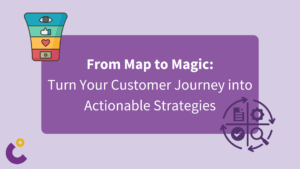
From Map to Magic: Turn Your Customer Journey into Actionable Strategies
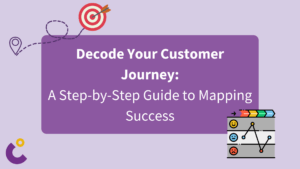
Decode Your Customer Journey: A Step-by-Step Guide to Mapping Success

Beyond the Score: Transforming Net Promoter into a Growth Engine – Net Promoter System
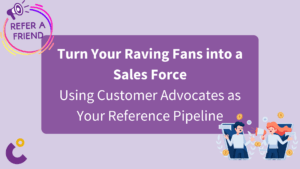
Turn Your Raving Fans into a Sales Force: Using Customer Advocates as Your Reference Pipeline
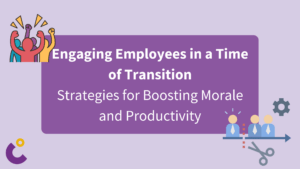
Engaging Employees in a Time of Transition: Strategies for Boosting Morale and Productivity
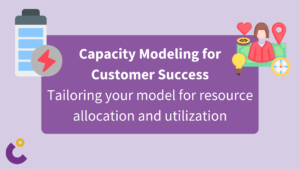
Capacity Modeling for Customer Success
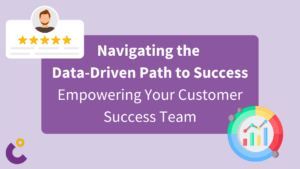
Data Driven Customer Success
